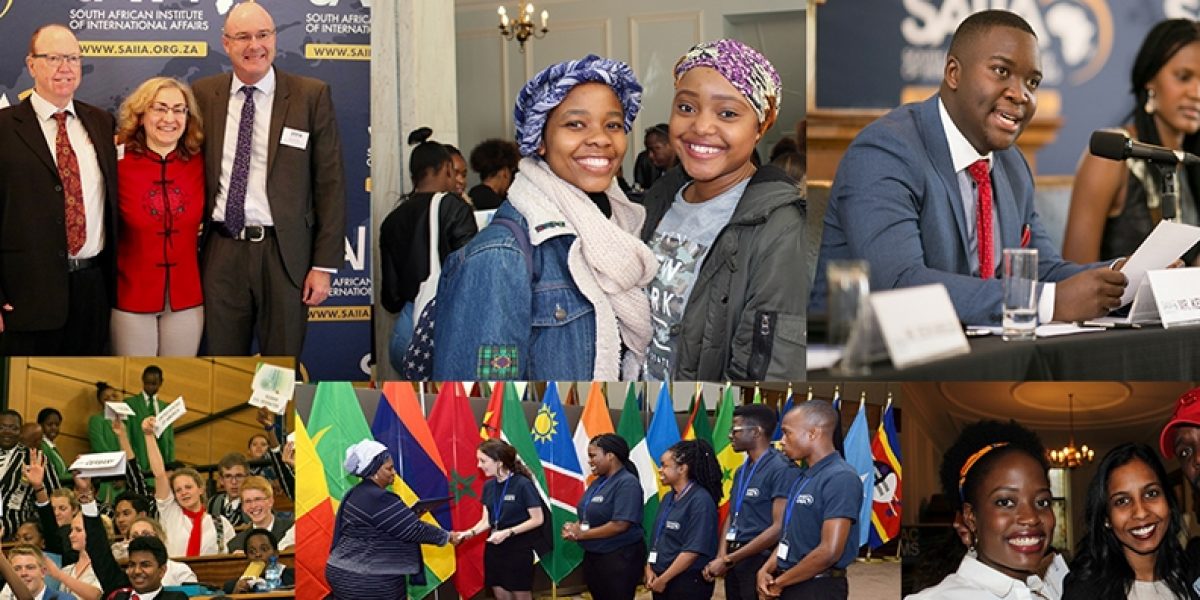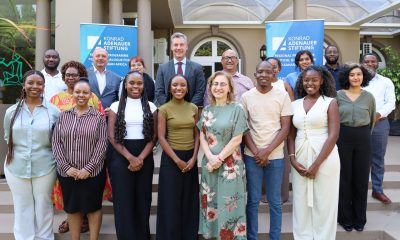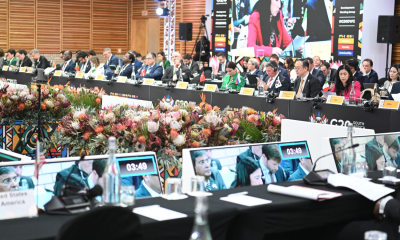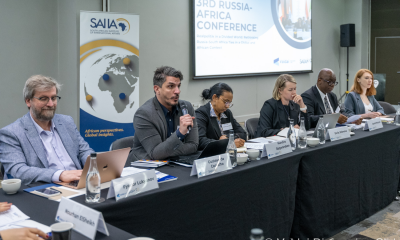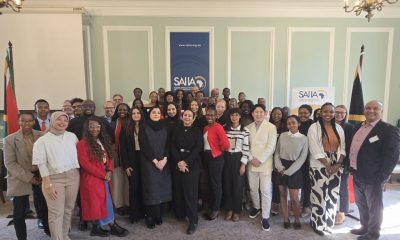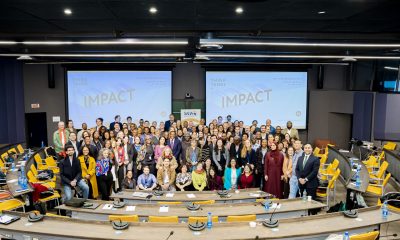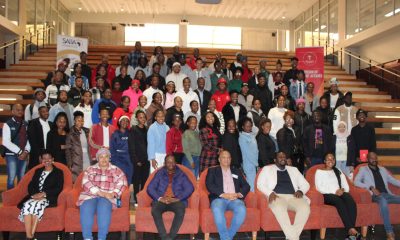Dear SAIIA friends and colleagues,
We have come to the end of another fast-paced and tumultuous year. Last year we were on the threshold of a new US administration, which many expected to be very different from previous ones. This has indeed come to pass as a number of foreign policy initiatives – from the approach to the rising tensions in the Korean Peninsula, to the recognition of Jerusalem as capital of Israel – attest.
In South Africa, we are preparing for the five-yearly conference of the ANC, which will elect a new party leader and in effect the probable successor to President Jacob Zuma as leader of the country.
This is the last chapter in a year where constant revelations about ‘state capture’ have become de rigueur and where the courts have been drawn into the political fray, the most recent being the ruling of the Pretoria High Court which found the Public Protector’s remedial action, calling for a judicial commission of inquiry, was binding on the President.
The fraught domestic arena has not only deepened political and economic uncertainty and seen South Africa downgraded by credit-rating agencies; it has also had implications for how South Africa is perceived abroad and in related fashion, perceptions about its soft power.
The year 2018 will be an important one for South Africa: it is currently chairing SADC where developments in Lesotho, the DRC and Zimbabwe will be important to follow. It has also just assumed the chairmanship of the Indian Ocean Rim Association and will also be the chair of the BRICS next year.
Thus for South Africa, much hangs on the outcome of the upcoming ANC conference. It’s not only about who wins, but also how the divisions within the party play themselves out at the conference and beyond. The dysfunction in many of the agencies of state – from those in the criminal justice sector to state-owned enterprises – cannot be addressed overnight, but it nevertheless has to start immediately to avoid further erosion of these institutions.
The festive season beckons and I wish you all the very best for 2018.
Our offices will close on Friday 15 December and re-open on Tuesday 2 January 2018.
~ Elizabeth Sidiropoulos, SAIIA Chief Executive
Summer reading
We’ve put together a selection of some of the most popular 2017 opinion and analysis pieces – from SAIIA and our partner site the Africa Portal – for you to enjoy over your festive break:
Why the focus on China’s role in Mugabe’s fall missed the bigger picture
The fall of Robert Mugabe has dominated global coverage of Africa over the past few weeks. In Western coverage of the first week after the coup in Zimbabwe, there was speculation about what China knew beforehand and whether Beijing played an active role in pushing for it.
Africa-Europe migration: 5 ways to find common ground
AU-EU migration discussions should focus on establishing employment and education opportunities for African nationals, facilitated by legal pathways to Europe with actionable implementation plans.
Kenya: counting the cost of political brinkmanship
As the dust settles on Kenya’s divisive repeat elections, there is an understandable urge to move forward, to return to a sense of normalcy. Kenya is, after all, the most vibrant economy in the East African region and a bulwark against instability issuing from fragile neighbours.
Trump’s Africa policy is still incoherent but key signals are emerging
Africa’s leaders, along with everyone else interested in US-Africa relations, have waited more than eight months for US President Donald Trump’s administration to explain its Africa policy. We aren’t there yet.
BRICS headed towards new global era?
In the age of Western powers reorganising their priorities in the global arena, along with their diminishing relative economic and political weight, BRICS’ growing influence cannot be denied.
China’s Belt and Road Initiative: where does Africa fit?
Earlier this year, President Xi Jinping strode the world stage at Davos with his statement that ‘We should commit ourselves to growing an open global economy … Pursuing protectionism is like locking oneself in a dark room.’…
Africa’s God presidents: promoting democracy or dictatorship?
Some African leaders have taken the international community’s desire for stability and continuity as a sign that they need to stay in power indefinitely. Constitutional manipulations are the most common method for prolonging presidential term limits.
Peacekeepers and sexual abuse: a persistent stain on the United Nation’s image
Sexual abuse allegations against UN peacekeepers made headlines this year, as the organisation battles to effectively contain the scourge. While it has taken measures through reforms and the adoption of Resolution 2272, the march towards progress is slow.
Locking horns to save the rhino
South Africa is losing over 1,000 rhinos a year to poaching. With debates on legalising horn trade heating up this year, we take an in-depth look at the decline of these majestic animals and what must be done to save them.
Saving Tanzania’s coral reefs: a photo essay
Tanzania is the only country in Africa where blast fishing (fishing with explosives) still occurs on a large scale. In this photo essay, we explore the impact of this illegal practice on the environment, the locals and their livelihood.

